31, August 2018
Dozens killed after days of clashes near Libyan capital 0
Violent clashes resumed late Thursday afternoon between rival militias south of the Libyan capital, just hours after a truce was announced to end fighting that has killed almost 30 people since Monday.
The fighting broke out on Monday in suburbs south of Tripoli and continued into Wednesday evening after a truce collapsed, despite an appeal by the United Nations for calm.
The clashes had paused on Thursday after a ceasefire agreement announced by officials from western areas, but by late afternoon the hostilities had resumed. Residents in the Khellat al-Ferjan area reported the use of heavy weapons and rifle fire.
Two teenagers were killed when a rocket hit a house in the Sebia district, according to a local official and AFP journalists on the scene. The health ministry had earlier said at least 27 people were killed and 91 were wounded in this week’s fighting, most of them civilians.
Fayez al-Sarraj, the leader of the internationally recognised Government of National Accord (GNA), has tasked forces from western and central regions of Libya with ensuring the rivals adhere to the ceasefire.
These forces are meant to guarantee the withdrawal of the two rival camps from front lines and ensure normal life returns in the districts affected by the fighting.
To be ‘held accountable’
The proposed pacifying forces consist mainly of powerful armed groups from the cities of Misrata and Zintan in the west, which are technically under the GNA’s defence ministry.
Under the orders of Sarraj, who heads the Libyan army, these military units will be allowed to operate in the capital and its environs only until September 30, when they must leave.
The Misrata and Zintan militias controlled the Libyan capital from the fall of dictator Muammar Ghadhafi in 2011 until 2014, when a coalition of militias mainly from Misrata seized the city. This week’s fighting has pitted Tripoli militias loyal to the GNA against the so-called 7th Brigade.
This unit is from the town of Tarhuna southeast of the capital and is supposed to operate under the GNA’s defence ministry. In a televised speech, Sarraj said on Thursday that the 7th Brigade had been “dissolved” since April, before calling on the rival camps to respect the ceasefire.
In a joint statement, the embassies of Britain, France, Italy and the United States on Thursday said they were “deeply concerned about the recent clashes in and around Tripoli that are destabilising the situation”.
“Pursuing political aims through violence will only further exacerbate the suffering of the population of Libya, and threaten broader stability”, the statement said. “Those who undermine Libya’s peace, security and stability will be held accountable.”
Separately on Thursday, the UN’s refugee agency said it had helped earlier in the week to evacuate hundreds of migrants held in a detention centre close to where clashes were raging.
Some 300 migrants mainly from Eritrea, Ethiopia and Somalia were transferred Tuesday to the capital’s Abu Salim detention centre, “which is in a relatively safer location where international organisations can provide aid to them”, the United Nations High Commissioner for Refugees said.
The Libyan capital has been at the centre of a battle for influence between armed groups since Kadhafi’s fall. Successive transitional authorities, including the GNA, have been unable to form a functioning army or regular security forces and have been forced to rely on militias to keep the city safe. In mid-2017, pro-GNA militias neutralised several rival groups in Tripoli. Since then, clashes have been rare.
(AFP)
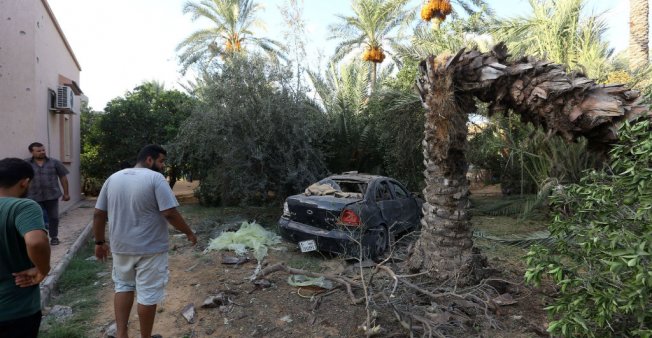


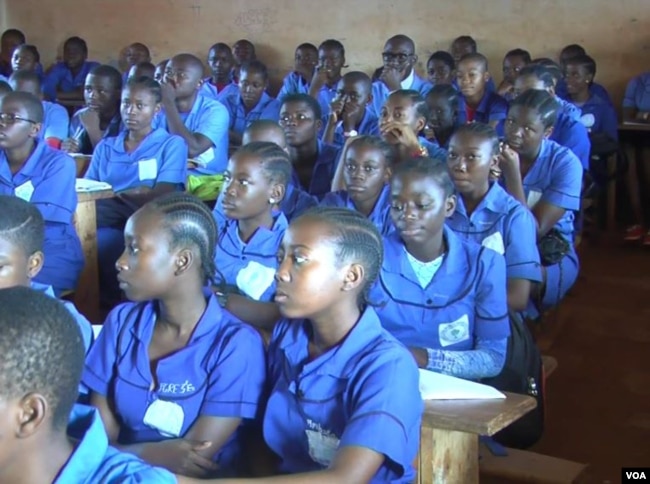
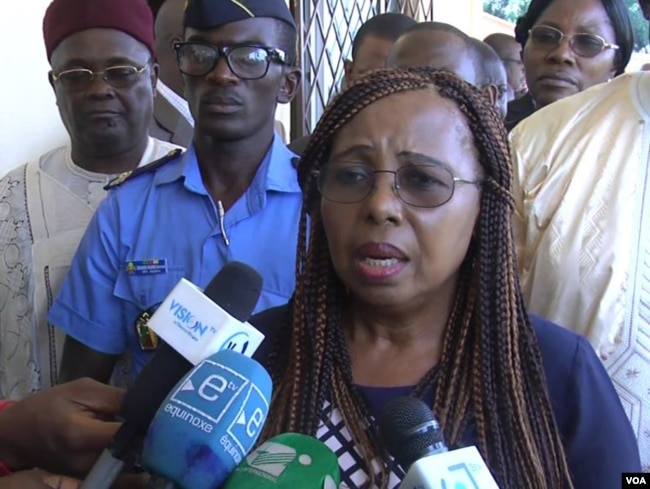
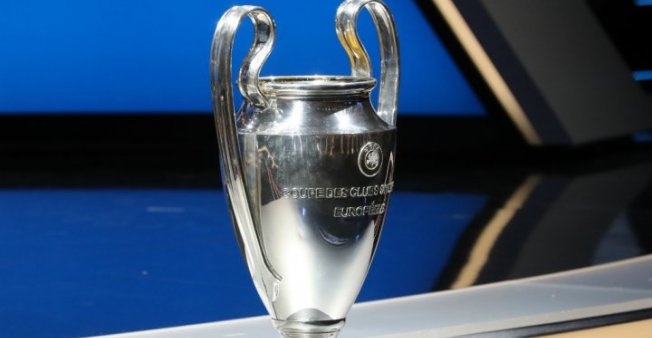

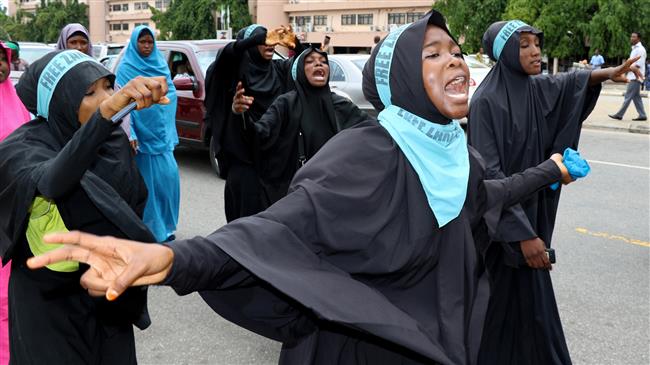


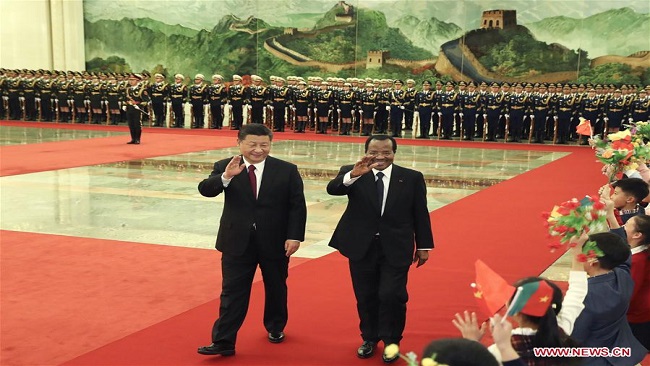
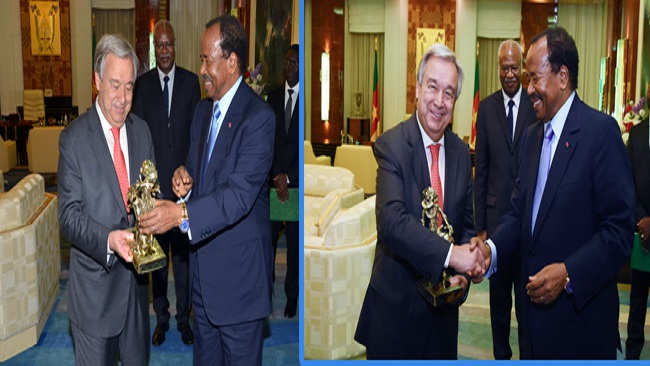

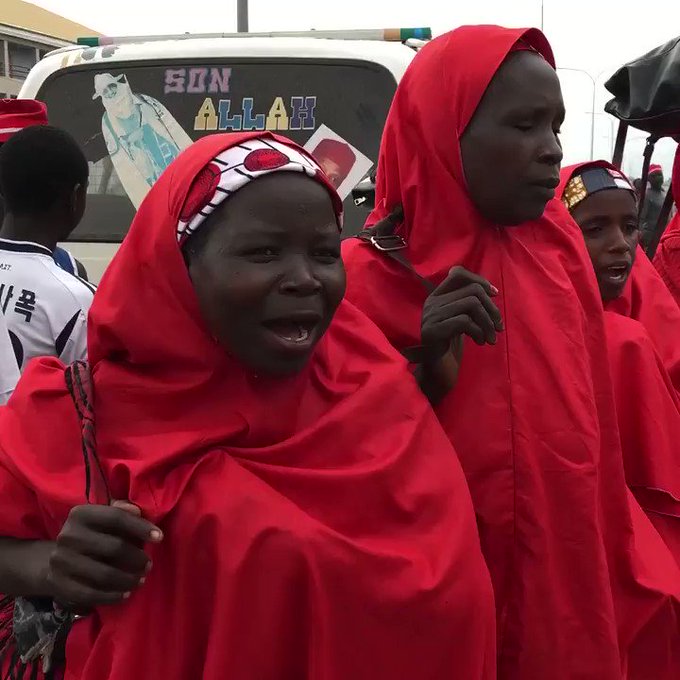












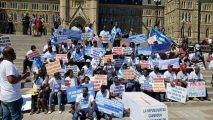
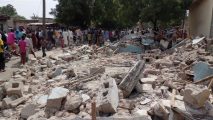



31, August 2018
Archbishop Vigano: Corruption has reached top at Catholic Church 0
The former Vatican ambassador to the United States, who called on Pope Francis to resign over allegations that he was covering-up child abuse by priests, says corruption has reached the top levels of the Church hierarchy.
Archbishop Carlo Maria Vigano, who has gone into hiding over fears for his safety since his 11-page testament released over the weekend, told an Italian journalist that he did not act out of anger or revenge.
“I spoke out because by now the corruption has arrived at the top of the church hierarchy,” Archbishop Vigano was quoted as saying.
The 77-year-old papal ambassador, who is known for his conservative views, said that he has “never had feelings of vendetta and rancor in all these years.”
Vigano also said that he was “serene and at peace” after publishing the letter, but saddened by what he described as subsequent attempts to undermine his credibility.
He claimed there was a “conspiracy of silence not so dissimilar from the one that prevails in the mafia.”
In the letter published on Sunday, Vigano accused Pope Francis of having known for years about the sexual misconduct by Cardinal Theodore McCarrick, the former archbishop of Washington, but preferred to ignore those allegations and instead rehabilitated him as a powerful figure in the American church.
Vigano accused a long list of current and past Vatican and US Church officials of covering up the case of Cardinal McCarrick, who was forced to resign last month.
Pope has declined to respond to the allegations.
Where is Vigano?
The Italian journalist Aldo Maria Valli, via whom Vigano has been communicating, said that the archbishop had “purchased an aeroplane ticket.”
Recounting a meeting with Vigano, Valli said the archbishop told him he would leave the country.
“He cannot tell me where he is going. I am not to look for him. His old mobile phone number will no longer work. We say goodbye for the last time,” Valli said.
Vigano said in the letter that he was being punished for uncovering corruption in the Vatican.
He wrote that Pope Francis and his predecessor Pope Benedict XVI were aware of sexual abuse by McCarrick, who led churches in the Washington region from 2001 to 2006.
The letter has prompted reaction from within the Catholic community. The church’s conservatives, who regard the Pope as unsuitably liberal, called for a full investigation into Vigano’s allegations.
The Pope was in Ireland when the letter was released on Sunday. During his 36-hour visit to the country, he apologized to people in Ireland and “begged for God’s forgiveness” for several abuse scandals within the Irish church over many decades.
If proven, the allegations would be extremely damaging to the reputation of Pope Francis and the Vatican, which has already come under pressure since the pontiff prompted international outrage in January by defending a controversial bishop accused of covering up sexual abuse by a fellow Chilean priest.
The Vatican was rocked this month by a devastating US report into child sex scandal that accused more than 300 priests in the state of Pennsylvania of abusing more than 1,000 children since the 1950s.
Source: Presstv